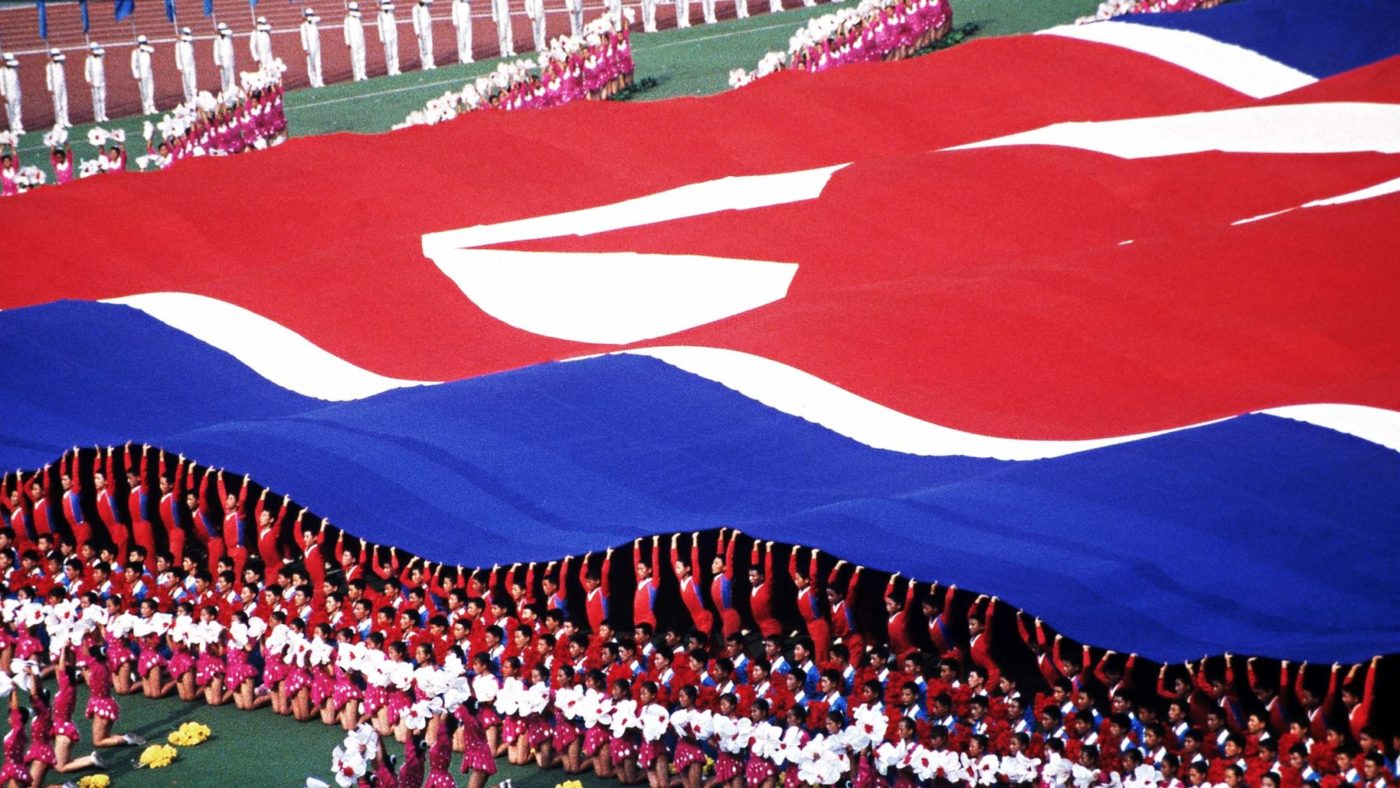Seventy-five years ago today, the world’s most repressive, most closed, most inhumane regime was born.
There are several regimes in the world today that would compete for that ignominious title, but few that come close to the absolute totalitarianism of Kim Jong-un’s North Korean regime. In many dictatorships there are grave violations of human rights, but some flicker of light and space, no matter how slim, that – often despite the regime’s efforts at repression – enables courageous human rights defenders, religious leaders and civil society activists to dissent. In North Korea, there simply is none. Every article of the Universal Declaration of Human Rights is violated or denied, every day.
Even the name of the regime founded 75 years ago today is an Orwellian parody. The Korean Workers’ Party not only subjects hundreds of thousands of political prisoners in North Korea’s prison camps to forced labour, it consigns many North Korean workers to slave labour conditions abroad too. It has presided over a system that has resulted in the trafficking of North Korean women into sexual slavery in China. It has caused the starvation of millions, and led to thousands of North Koreans fleeing the country to escape the regime’s oppression.
So this is not an anniversary to celebrate, it is one where we must mourn – and mobilise. We must mourn all those who have been killed by this regime, the hundreds of thousands languishing in prison camps, everyone who continues to suffer what a UN Commission of Inquiry has called “crimes against humanity”. And we must mobilise – to insist that the findings of that inquiry finally be implemented, that those responsible for atrocity crimes be held to account, and that every tool and leverage be used to liberate the North Korean people.
President Franklin D. Roosevelt once said that “freedom cannot be bestowed; it must be achieved”. That is very true. When you listen to North Korean escapees’ accounts of their search for freedom, they will tell you that many lost their lives along the way, and those who survived tell tales of quite epic suffering. Many have died in the Mongolian desert, been eaten by crocodiles crossing the Mekong River, trapped in the jungle, forced into sexual slavery in China or been arrested by the Chinese authorities, forcibly sent back to North Korea and detained in prison camps. Many have been executed. Only 40,000 North Korean escapees have managed to find freedom, while so many others remain immiserated in their homeland.
As for the two of us, we come from very different backgrounds. One of us was born and brought up in a country that prides itself on being known as the “Mother of Democracies”, where freedom is engrained and too often taken for granted, robust and yet in need of renewed protection. The other was born in the world’s most repressive country, tried to escape twice, endured imprisonment and torture and faced the possibility of death at any moment.
Yet we both know that as Martin Luther King said, “injustice anywhere is a threat to justice everywhere”. That means that the total denial of freedom in North Korea not only creates the most manifest and grave injustices in that corner of the world, it also threatens the free world itself.
The other half of the Korean peninsula, while not perfect, is the antithesis to the regime in Pyongyang. Satellite maps illustrate this dichotomy vividly – the north in total darkness, reflective both of the economic but also political and spiritual repression, while the south is lit up, illustrating economic, political and spiritual freedom.
Yet South Korea is in danger of forgetting what has made it shine as a beacon of economic and political freedom. The current government has been too eager to do a deal with Pyongyang, too quick to silence critics of human rights in North Korea, too keen to sell out too. Seeking peace and reconciliation on the Korean peninsula is a worthy aim, but not at the expense of injustice and impunity for some of the most egregious human rights atrocities in the world today.
The best way to mark this 75th anniversary, then, is to remind the free world of the darkness of North Korea, and to remind South Korea of its values of freedom and democracy.
We should mark this anniversary by pointing to the recommendations of that UN inquiry, which concluded that the “gravity, scale and nature” of the violations of human rights in North Korea “reveal a state that does not have any parallel in the contemporary world”. A catalogue of crimes against humanity, including “extermination, murder, enslavement, torture, imprisonment, rape, forced abortions”, as well as severe religious persecution, enforced disappearances, and starvation, should lead, the inquiry recommended, to a referral to the International Criminal Court (ICC). That should not be ignored in perpetuity.
One of us has always lived in freedom but long known the importance of defending the rights of those who are denied freedom. The other was born in a land where freedom is unknown, fear is the daily currency and conscience is controlled, compromised and controlled every single second of each day.
Together we will continue to work for the day when the people of North Korea enjoy the freedoms that too many people elsewhere take for granted.
Click here to subscribe to our daily briefing – the best pieces from CapX and across the web.
CapX depends on the generosity of its readers. If you value what we do, please consider making a donation.


